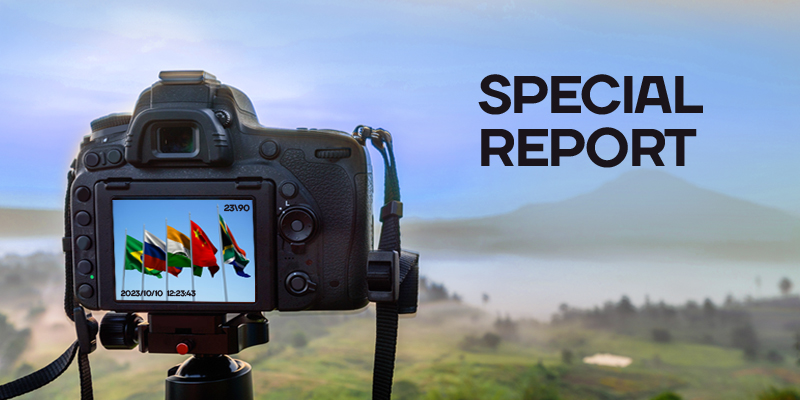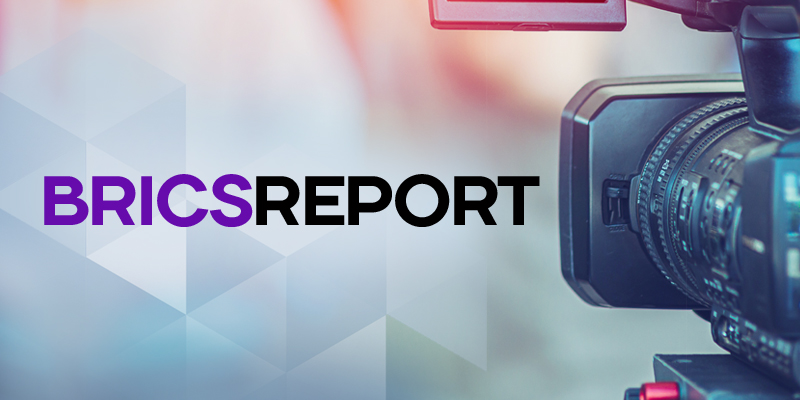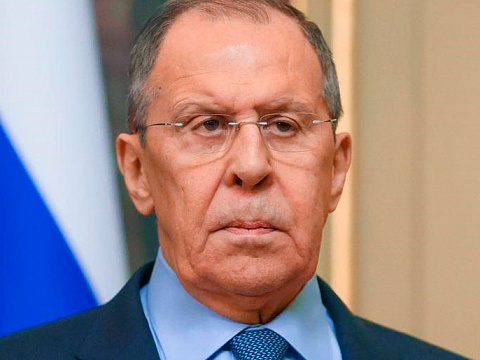Study reveals new AI software to help determine Covid-19 infection probability
During a recent study conducted at the University of Vermont and Cedars-Sinai, the collaborating researchers using routine blood tests were able to procure high accuracy in predicting the probability of Covid-19 infection.
The study published in the Journal of Medical Internet Research is also available online. It describes the performance of Biocogniv's new AI-COVID software, which can help hospitals reduce the number of patients referred for scarce PCR testing. The lead author and University of Vermont Assistant Professor Timothy Plante, M.D., M.H.S. said: "Nine months into this pandemic, we now have a better understanding of how to care for patients with Covid-19."
He further said, "but there's still a big bottleneck in Covid-19 diagnosis with PCR testing."
PCR testing is the current standard diagnostic for Covid-19, and requires specific sampling, like a nasal swab, and specialized laboratory equipment to run.
Biocogniv Chief Operating Officer Tanya Kanigan, PhD, said: "According to data from over 100 US hospitals, the national average turnaround time for Covid-19 tests ordered in emergency rooms is above 24 hours, far from the targeted one-hour turnaround."
Complete Blood Count and Complete Metabolic Panels are common laboratory tests ordered by emergency departments and have a rapid turnaround time. These tests provide insight into the immune system, electrolytes, kidney, and liver.
The researchers were able to train a model that analyzes changes in these routine tests and assigns a probability of the patient being Covid-19 negative with high accuracy.
"AI-Covid takes seconds to generate its informative result once these blood tests return, which can then be incorporated by the laboratory into its own test interpretation," said Jennifer Joe, M.D., an emergency physician in Boston, Mass. and Biocogniv's Chief Medical Officer.
"In an efficient emergency department that prioritizes these routine blood tests, the door-to-result time could be under an hour," added Joe.
Cedars-Sinai pulmonary and internal medicine specialist Victor Tapson, M.D., says such assistive tools that help physicians rule out possible diagnoses are familiar in emergency medicine.
Tapson said, "For example, a low D-dimer blood test can help us rule out clots in certain patients, allowing providers to skip expensive, often time-consuming diagnostics such as chest CT scans".
The Biocogniv team believes a secondary benefit of laboratories incorporating AI-Covid might be reduced time for traditional PCR results.
"With the help of AI-Covid, laboratories might relieve some of the testing bottlenecks by helping providers better allocate rapid PCR testing for patients who really need it," said Joe.
The AI-Covid model was validated on real-world data from Cedars-Sinai as well as on data from geographically and demographically diverse patient encounters from 22 U.S. hospitals, achieving an area under the curve (or AUC) of 0.91 out of 1.00.
"This enables the model to achieve a high sensitivity of 95 per cent while maintaining moderate specificity of 49 per cent, which is very similar to the performance of other commonly used rule-out tests," said Biocogniv Chief Scientific Officer George Hauser, MD, a pathologist.
"I'm honoured to have such an impressive team of medical scientists from the University of Vermont and Cedars-Sinai as collaborators invalidating this timely model," said Biocogniv CEO Artur Adib, PhD.
Adib added, "AI has progressed considerably; the time is now to leverage this powerful tool for new healthcare breakthroughs, and we're glad to direct it to help hospital laboratories and providers combat the current Covid-19 crisis."
TV BRICS reports with reference to ANI.
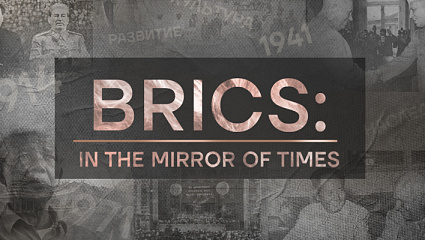
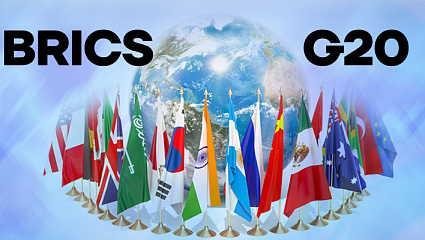





 DIGITAL WORLD
DIGITAL WORLD









